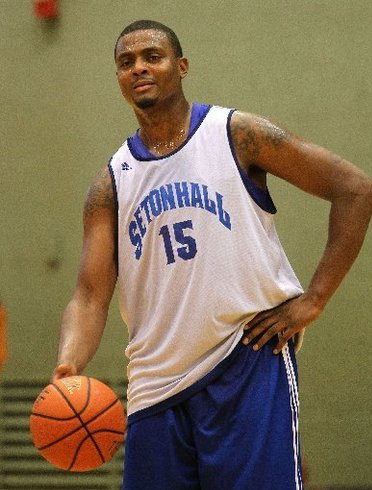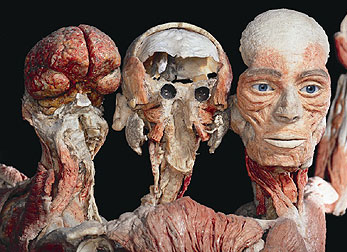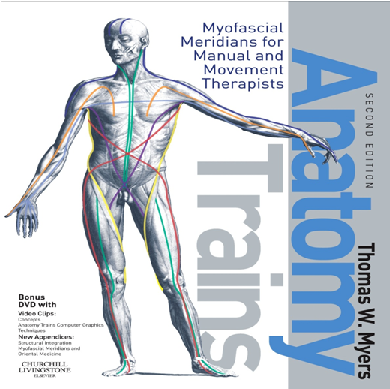
As an athletic trainer I provide regular and constructive feedback to my patients. Statements such as “Relax your traps and pinch your scapulas together,” or “Maintain this position,” or “Nope, you need to contract this muscle first,” routinely roll off my tongue. All these corrections and advice are focused on getting my patients better. Without supervision, oversight, and criticism of a patient’s treatment or rehabilitation plan I am doing them a disservice.
Observing a strength and conditioning session performed by a colleague the other day, I was quite impressed with the enthusiasm, motivation, and feedback he provided. Echoing through the weight room are words of wisdom like “Don’t let your knees go over your toes,” or “Head up, chest out,” or my all time favorite “Do it right and we will get bigger, faster, stronger today.” Immediately reflecting back on that day, I took away how much attention, education, and constructive criticism went into that one session. All of these qualities demonstrated during the training were essential for the improvement of the athlete.
We owe it to our athletes to be critical of their performance. We need to educate them all the time on items such as proper technique and appropriate activation of muscle. Without these pieces of feedback their recovery will be delayed or performance progression inhibited. Going to extreme measures to provide appropriate feedback to our athletes are what quality athletic trainers and strength coaches do. So I ask myself, why do we walk down a one way street?
When is the last time you critiqued your co-worker? Can you recall correcting their treatment plan with validated research? Have you changed a peer’s practice pattern by suggesting a more appropriate exercise?
As athletic trainers and strength and conditioning coaches are we doing a disservice to our profession by not providing timely and appropriate feedback of each other. Why are we so afraid to be critical of one another, yet in the next breathe assess our athletes all for their benefit?
Challenge yourself to not be defensive when a colleague points out something you are doing wrong, or shows you a better way (I mean we can’t be right all the time). Embrace that opportunity as a way to get better. Take some ownership in educating the person next to you; demand them to be critical of you. If feedback is so important to those we service every day, it must be important for our improvement as well.
So ask yourself, can we make it a two-way street?
Scot Spak EdM, ATC, CSCS
Athletic Trainer
Massachusetts Institute of Technology













